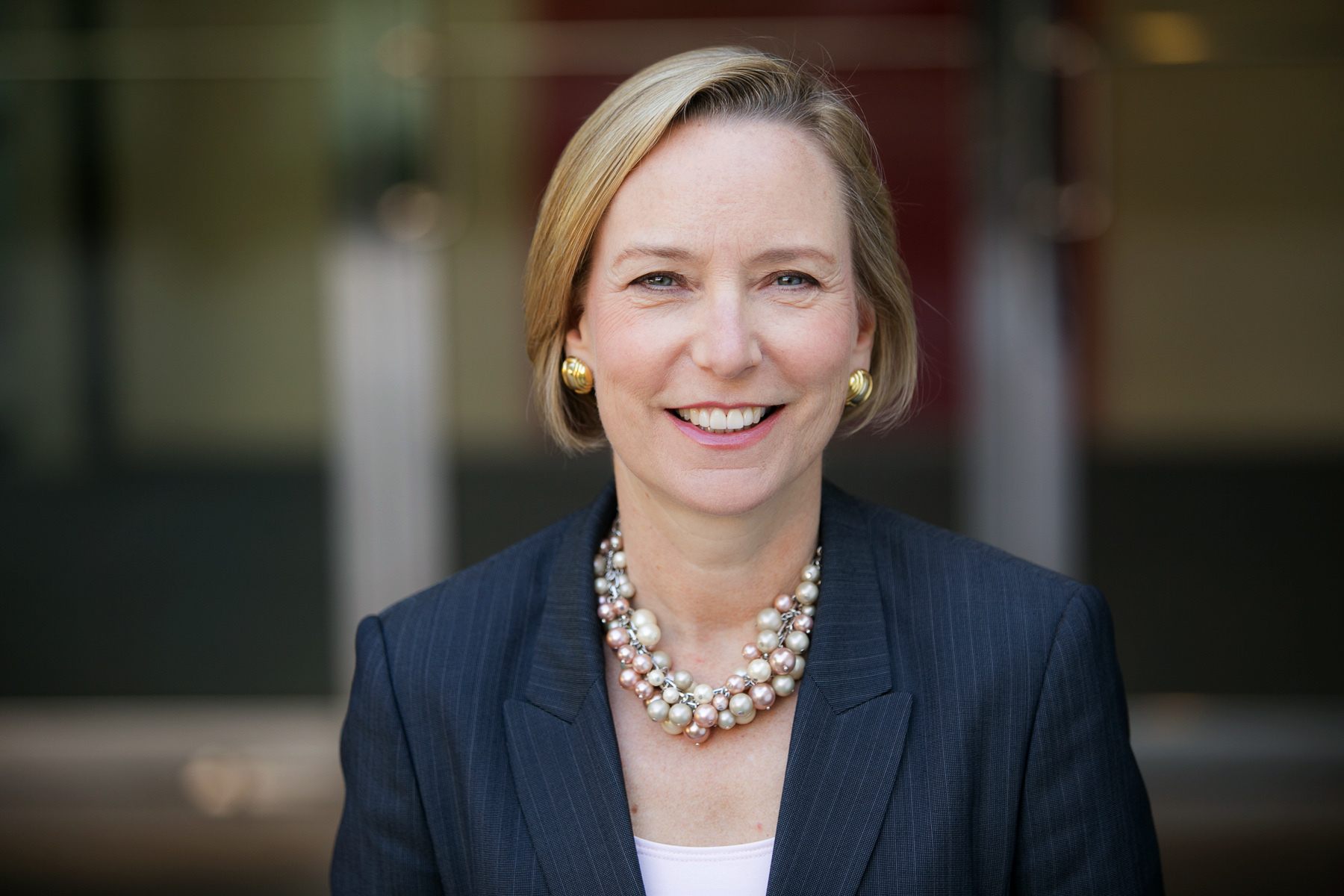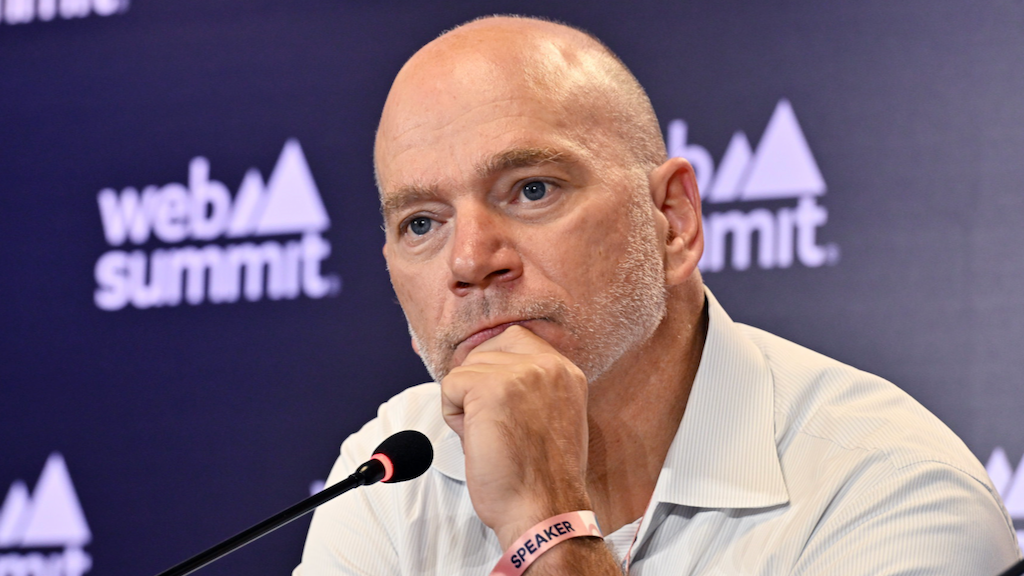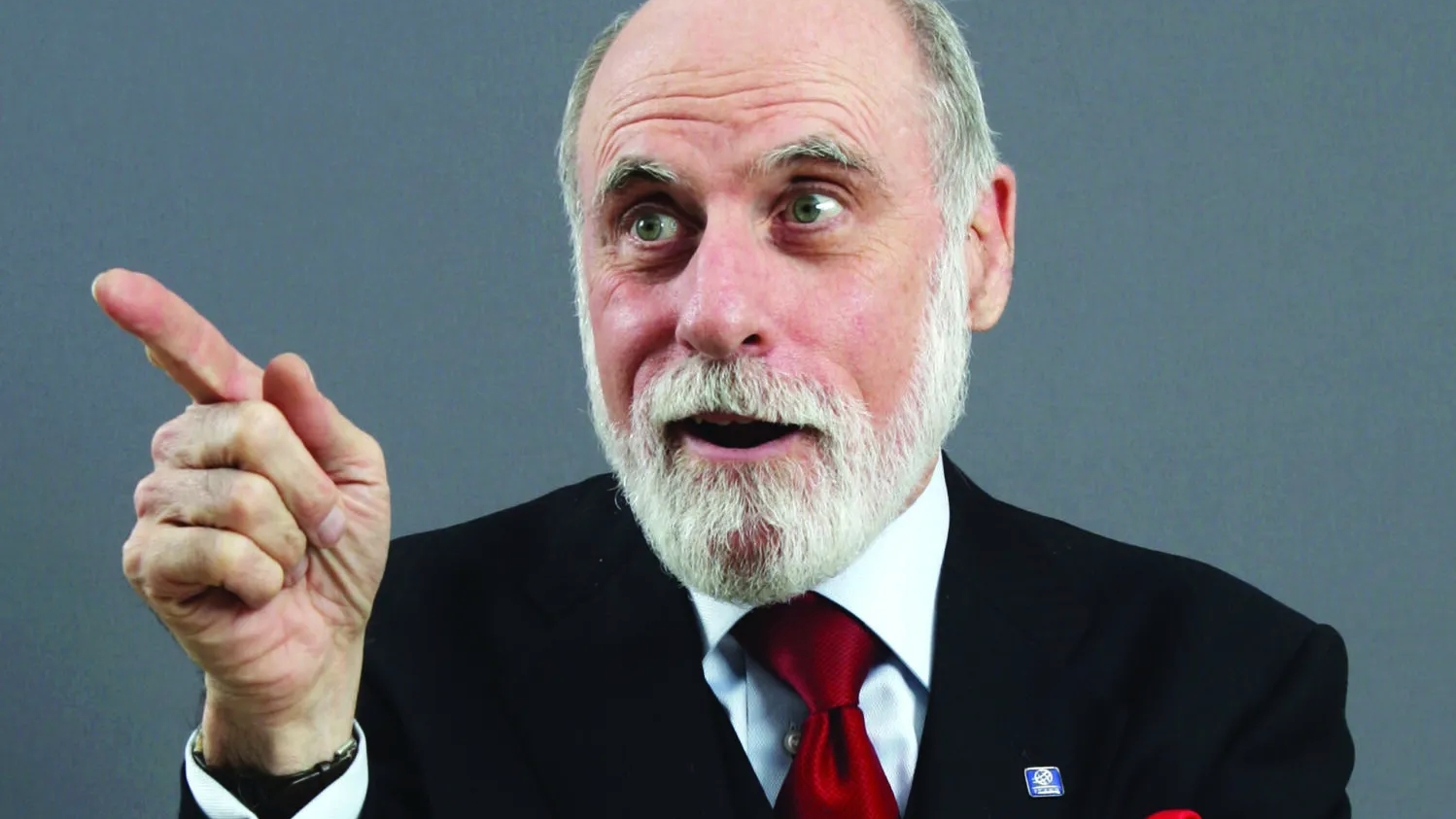A special summit at this week’s Consumer Electronics Show in Las Vegas puts the spotlight on Digital Health. It includes sessions on digital therapeutics, games to treat mental health, advances in genetic tests, and neuroscience, among other trends.

Digital health is a sprawling field that includes everything from mobile health apps and wearable devices like fitness trackers to electronic medical records and big data analytics. It has lately been a darling of the investment community. According to StartUp Health, a New York-based incubator that Techonomy profiled last year, more than 500 digital health companies attracted almost $8 billion from investors in 2016, with five mega-deals accounting for nearly a quarter of that total. This year, momentum continued. Rock Health, another incubator, reported that 188 digital health companies had raked in $3.5 billion in the first half of 2017.
That level of interest has dramatically changed the face of the CES Digital Health Summit, now in its ninth year. Jill Gilbert, the event’s longtime producer, says the early days of the meeting heavily focused just on getting attendees up to speed. “We were trying to introduce the concept that is digital health,” she says, noting that at the time “wearable” wasn’t yet a commonly used term. Her other challenge in those early years was breaking through expectations about CES itself. “It was known as the place where you launch your TV,” she says, not a place for discussions about wellness. Even then, though, Gilbert knew she was onto something early on, when nearly 1,500 people showed up to a room that could hold only 200.
Now, sessions and speakers on January 10 and 11 take a deep dive into the details of digital health, and attendees are eager for the nitty-gritty. This year, for example, increased interest in various aspects of mental health led to plans for a half-day focus on the brain Wednesday morning. Topics include brain optimization, advances in treating neurodegenerative diseases, and addressing the opioid crisis.
Adam Gazzaley, founder and director of of Neuroscape, at UC San Francisco, will be the keynote speaker at 9:10 a.m. on Wednesday. He will share his work on custom-designed video games meant to enhance cognitive abilities. So-called brain training games have been controversial, dividing scientists on their efficacy. Experts have called some consumer brain-training products into question. Gazzaley himself is developing a game that could help treat children with ADHD—as a prescription-based video game. The game, currently in clinical trials, will go through all of the trials and processes that are required by the FDA for any kind of drug or medical device. Other companies, too, are developing mental-health focused games that they aim to get approved by the FDA.
As the meeting shifted over time from being merely an educational forum to becoming more business-centric, Gilbert has focused more on the business of health. This year, programming includes health data privacy, the potential of blockchains in healthcare, and how government could play a larger role for adoption and regulation of digital health.

Fireside chats will offer candid conversations with high-level speakers. “We really want to bring transformative companies to inspire people,” Gilbert says. This year, speakers will include Marco Peluso, founder of Qardio, which has developed an AI-based doctor-patient platform and medical-grade digital health products including a wireless, wearable electrocardiogram, and Sandra Peterson, Group Worldwide Chair of Johnson & Johnson, who will be interviewed by Techonomy CEO David Kirkpatrick on Thursday.
“Building on our 130 years of healthcare innovation, we are harnessing technology to leverage our expertise in behavioral science and design thinking,” Peterson says. “We’re embedding technology in everything we do—it’s not just an app, it’s not a ‘widget,’ it’s not any one product. We’re committed to delivering people-centered solutions on a global scale that focus not only caring for the sick, but keeping people well.”
Johnson & Johnson is making a broad push into digital tools to aid healthcare, both in the U.S. and globally. Its efforts include digital products to prepare patients for surgery, standardization and digitalization of surgical workflows in the operating theatre, and consumer apps.
“As our understanding of how to make technology work for healthcare deepens, our opportunity—and our industry’s imperative—to develop forward-thinking solutions that help people take better care of themselves to stay healthy and also help them when they do get sick continues to grow,” Peterson adds.
One key area attendees will learn about is how hospitals are changing how they monitor patients, so people can stay at home but still get regular attention. “That sounds basic, but it’s pretty transformative,” Gilbert explains. Finally, the rapid adoption of DNA tests and other personal health tools will be the focus of sessions about consumers taking control of their own health management. Says Gilbert: “Astounding developments are happening.”
The full Digital Health Summit agenda is available here.
Editor’s Note: Our coverage of the CES Digital Health Summit is sponsored by Johnson & Johnson, which will be participating in two discussions there:
“How Three Fierce Companies are Giving Power to the People”
Marc Leibowitz, Global Head of Health Technology, Johnson & Johnson
Wednesday, January 10, 2018, 1:00-1:30 PM PT, Venetian, Level 4, Lando 4304
“Johnson & Johnson: How a 130 Year Old Company is Transforming Health and Wellbeing”
Sandra Peterson, Group Worldwide Chair, Johnson & Johnson
Thursday, January 11, 2018, 10:55-11:15 AM, Venetian, Level 4, Lando 4304
CES to Showcase Advances in
Digital Health
A special summit at this week’s Consumer Electronics Show in Las Vegas puts the spotlight on Digital Health. Our coverage of the CES Digital Health Summit is sponsored by Johnson & Johnson.

Sandi Peterson






